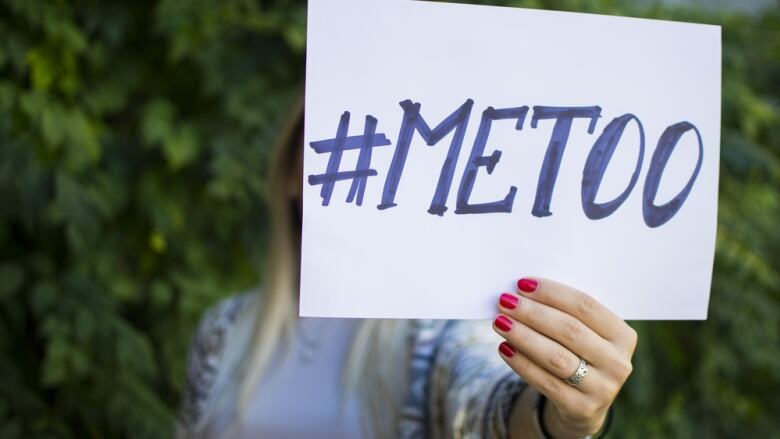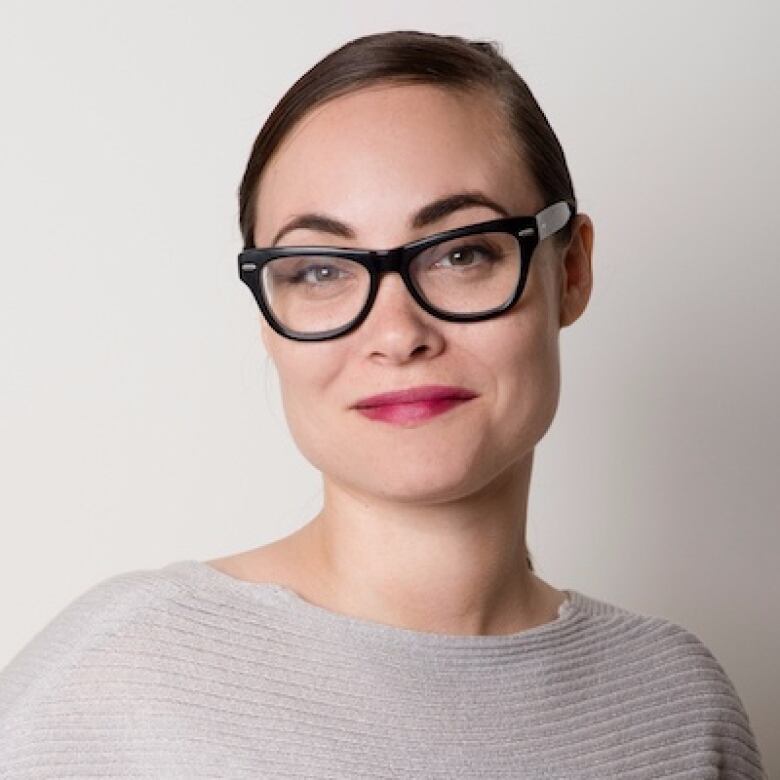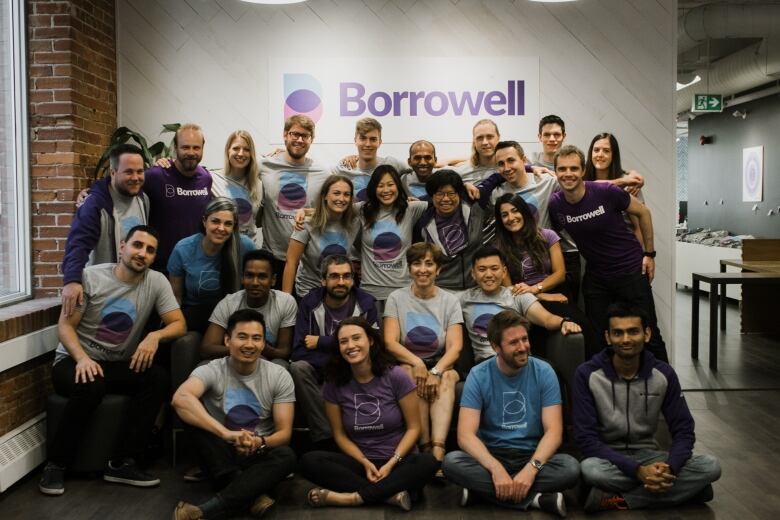How online conversations like #MeToo make things better for women at work slowly
Hashtags and online movements can breed policy changes inside of workplaces, say some

For Torontonian Basia Wyszynski, the global conversation about sexual harassment and assault triggered by mounting accusations against Harvey Weinstein came at a critical moment.
Two weeks ago, Wyszynski was working as a freelance stylist on the set of a commercial when she says a colleague made a sexual comment about her within earshot.
"It was really demeaning, and I was really caught off guard," she said. Wyszynski spoke to her superiors about what happened, proposing that in future, a letter should go out to everyone who will be working on set stating that no sexual harassment of any kind would be tolerated.
- Torontonians add their tweets to #MeToo, raising thorny issues concerning workplace sexual harassment
- Best response to #MeToo is pledging #IWill and taking action, says writer
"Make it kind of like a pre-warning before they go to set so they're aware," she explained.
Her producer on the set, Jason Aita, was on board, telling CBC Toronto on Monday that he plans to send out a notice along with every call sheet an industry term for the schedules sent out ahead of a day of shooting he sends out in the future.
"I think this happens every single day and we never really talk about it," Wyszynski said. "But because of this Harvey Weinstein situation that happened and all these women coming out, I think we just feel more comfortable now talking to our male superiors."
How online conversations move the dial
Nora Jenkins Townson, founder of a Toronto human relations consultancy business called Bright + Early, says online movements and conversations can have real impacts on workplaces.
"They drive the conversation forward and put it in the forefront," she told CBC Toronto, adding that in the eight years she's worked in human resources, "I really have seen the conversation grow a lot."
A particularly resonant example for Jenkins Townson was a highly-publicized2014 incident in which a Toronto woman went public after overhearinga conversation between two men she identified as IBM executives while they discussed why they don't hire young women.

"We had a lot of important conversations around it, and we ended up forming an inclusivity circle that circle was able to form together, get executive sponsorship, and advocate for things like publishing our gender diversity numbers and sponsoring more women in tech initiatives," she remembered.
At Bright + Early, Jenkins Townson helps growing start ups build HR policies, including policies that address sexual harassment. She says companies should focus oncollecting feedback and providing anonymous ways for employees to report concerns.
From blog post to policy
At Borrowell, a credit score and personal loan company based in Toronto, the tipping point for change came last February, when a female Uber engineer published a blog post describing the sexual harassment (and lack of support from HR) she'd dealt with in the workplace.
"That [blog post], for us, highlighted that as we were growing, we really needed to formalize a policy and make sure people were aware," said Borrowell co-founder and chief operating officerEva Wong.
The company decided to write a "respect policy" ("anti-harassment felt like a fairly low bar," said Wong) and hire a head of people operations, Larissa Holmes, to work directly with staff.

A test of that policy came this past summer, when a female employee said she was sexually harassed and a male employee reported hefaced "aggressive harassment" from someone from another company while at a tech event.
Holmes said she began by sitting down with the employees to find out how they were and how they wanted the issue handled before speaking to Borrowell's CEO, who called the alleged harasser'scompany.
"The number one thing for us is the urgency. There's no hesitation that this is something that you kind of drop every thing else that you are dealing with, and this becomes your number one priority," said Holmes.












_(720p).jpg)


 OFFICIAL HD MUSIC VIDEO.jpg)
.jpg)



























































































